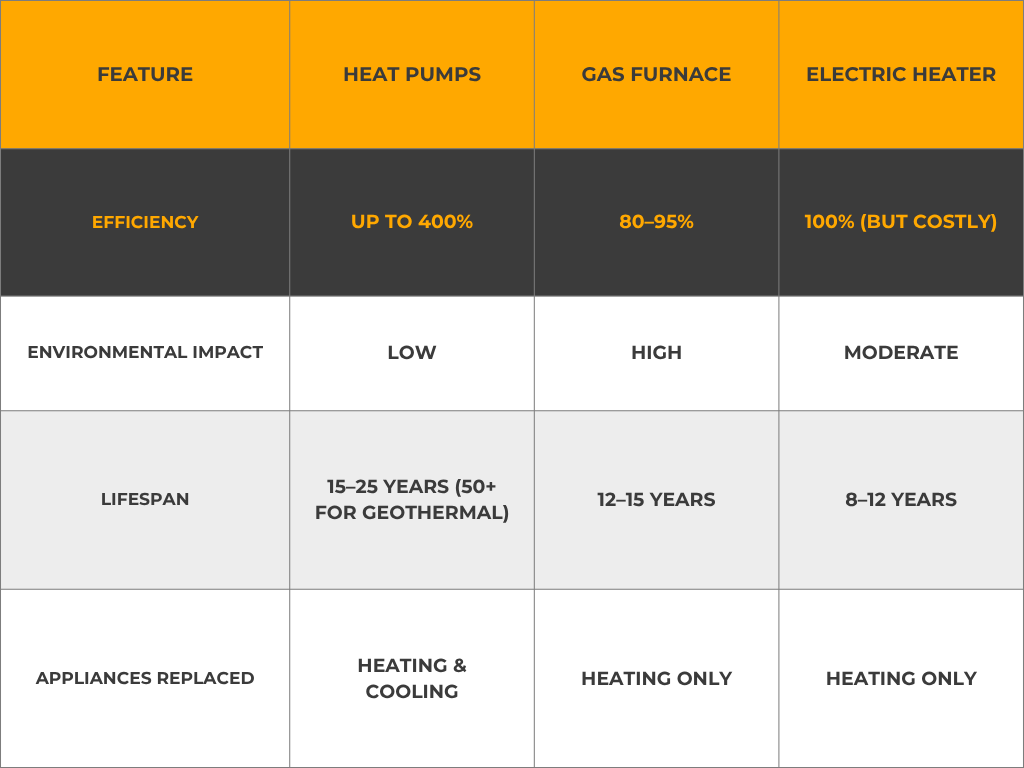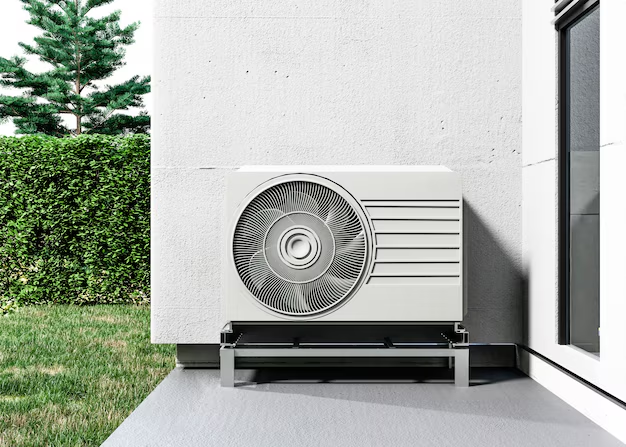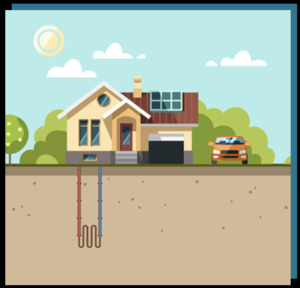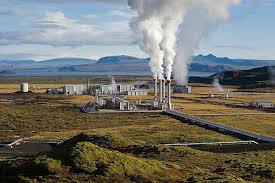The average household generates more waste than many of us realize — not just physical garbage, but wasted energy, water, and money. Fortunately, modern technologies are helping families live more sustainably without sacrificing comfort. At the top of that list are heat pumps, an eco-friendly HVAC solution that not only reduces carbon emissions but also helps cut down on everyday household waste.
This guide explores how heat pumps work, why they’re more sustainable than traditional heating and cooling systems, and how they can make your home greener, healthier, and more efficient.
What Are Heat Pumps?
At their core, heat pumps are devices that move heat rather than generating it. In winter, they extract heat from the air, ground, or water and transfer it indoors. In summer, the process reverses, pulling heat out of your home to keep it cool.
Unlike furnaces that burn fuel or electric heaters that consume large amounts of power, heat pumps use a small amount of electricity to transfer heat. This makes them one of the most energy-efficient heating and cooling solutions available today.
How Heat Pumps Help Reduce Household Waste
When we think about waste, we often picture trash bags and recycling bins. But in reality, wasted energy and resources inside your home can have just as big an impact on the environment. Here’s how heat pumps help reduce waste:
1. Reducing Energy Waste
Traditional systems waste energy through inefficient fuel combustion or by overworking electric resistance coils. Heat pumps, on the other hand, deliver up to four times the energy they consume, drastically cutting energy waste.
2. Cutting Down on Fossil Fuel Use
Gas and oil furnaces depend on fossil fuels, which not only contribute to greenhouse gases but also create harmful byproducts. By relying on renewable energy sources like air and ground heat, heat pumps minimize fossil fuel waste.
3. Lowering Carbon Waste (Emissions)
Every time you burn natural gas or oil for heat, carbon dioxide is released into the atmosphere. Heat pumps reduce these emissions, making them a cleaner, greener alternative.
4. Reducing Appliance Waste
Because they provide both heating and cooling, heat pumps replace multiple appliances (like a furnace and AC unit). This reduces the waste associated with manufacturing, transporting, and eventually disposing of extra equipment.
5. Extending System Lifespan
With fewer moving parts and durable design, especially in geothermal heat pumps, these systems last longer than traditional HVAC units, reducing replacement waste.

Types of Heat Pumps
When considering eco-friendly heat pumps, there are a few main options:
Air-Source Heat Pumps
- Extract heat from outdoor air.
- Affordable and widely available.
- Best for moderate climates.
Ground-Source (Geothermal) Heat Pumps
- Use underground loops for heating and cooling.
- Extremely efficient and long-lasting.
- Best for homeowners seeking maximum sustainability.
👉 Learn more: Geothermal Heating & Cooling
Water-Source Heat Pumps
- Rely on nearby lakes or ponds as heat sources.
- Less common but highly efficient in the right location.
The Eco-Friendly Benefits of Heat Pumps
1. Lower Energy Bills
Because heat pumps are so efficient, they dramatically reduce monthly utility costs.
2. Cleaner Indoor Air
Unlike furnaces, heat pumps don’t burn fuel, meaning no soot, smoke, or carbon monoxide.
3. Quiet Operation
Modern heat pumps operate almost silently, reducing noise pollution at home.
4. Sustainable Home Heating
They align with eco-friendly goals, helping households move toward carbon neutrality.
5. Renewable Integration
Heat pumps pair well with solar power, creating a fully renewable home energy system.
Heat Pumps vs. Traditional Systems

This comparison shows why heat pumps are an eco-friendly solution for reducing household waste.
How to Select the Right Heat Pump
Choosing the right system depends on your home, budget, and sustainability goals.
- Climate: Cold regions may benefit from geothermal models.
- Budget: Air-source units are affordable; geothermal offers bigger long-term savings.
- Home Setup: Consider whether you have ducts or prefer ductless systems.
- Efficiency Goals: Look for high SEER2 and HSPF2 ratings.
For tailored recommendations, consult experts like Envirotech Geo.
Costs and Incentives
Heat pumps range from $7,000–$12,000 for air-source systems and $18,000–$30,000 for geothermal installations. While this may seem expensive, several factors make them affordable:
- Federal tax credits cover up to 30% of installation costs in 2025.
- State and utility rebates reduce upfront expenses.
- Lower operating costs mean faster payback.
With incentives and savings, investing in heat pumps is a long-term win for your wallet and the planet.
Maintenance: Keeping It Hassle-Free
Heat pumps are known for their durability and low-maintenance needs.
- Change filters every 1–3 months.
- Keep outdoor units clear of leaves and debris.
- Schedule annual tune-ups.
- Geothermal units require even less maintenance.
This makes heat pumps a truly hassle-free solution for eco-conscious homeowners.
Real-World Example: How Heat Pumps Reduce Waste
Consider a family replacing an old oil furnace with a geothermal heat pump. The results include:
- Eliminating oil deliveries and storage tanks.
- Reducing carbon emissions by 70%.
- Cutting energy bills in half.
- Extending system lifespan by decades.
The long-term environmental and financial benefits are undeniable.
Conclusion: Heat Pumps as the Future of Sustainable Living
If you want to reduce waste, save money, and live more sustainably, heat pumps are one of the best solutions available today. By replacing traditional systems with this eco-friendly technology, you’ll enjoy year-round comfort, lower bills, and a smaller environmental footprint.
In 2025, investing in heat pumps isn’t just about heating and cooling — it’s about building a greener future for your family and the planet.
👉 Ready to explore eco-friendly comfort? Contact Envirotech Geothermal today to learn more about sustainable heat pump solutions.
FAQs About Heat Pumps
1. Can heat pumps work in very cold climates?
Yes. Modern models and geothermal systems are designed for efficient cold-weather performance.
2. Do heat pumps also provide cooling?
Yes. They reverse operation to serve as air conditioners in summer.
3. How long do heat pumps last?
Air-source: 15–20 years; Geothermal: 25 years (with loops lasting 50+).
4. Do heat pumps really save money?
Absolutely. With efficiency up to 400%, they cut operating costs dramatically.
5. Are there incentives available in 2025?
Yes. Federal tax credits and local rebates make heat pumps more affordable than ever.



